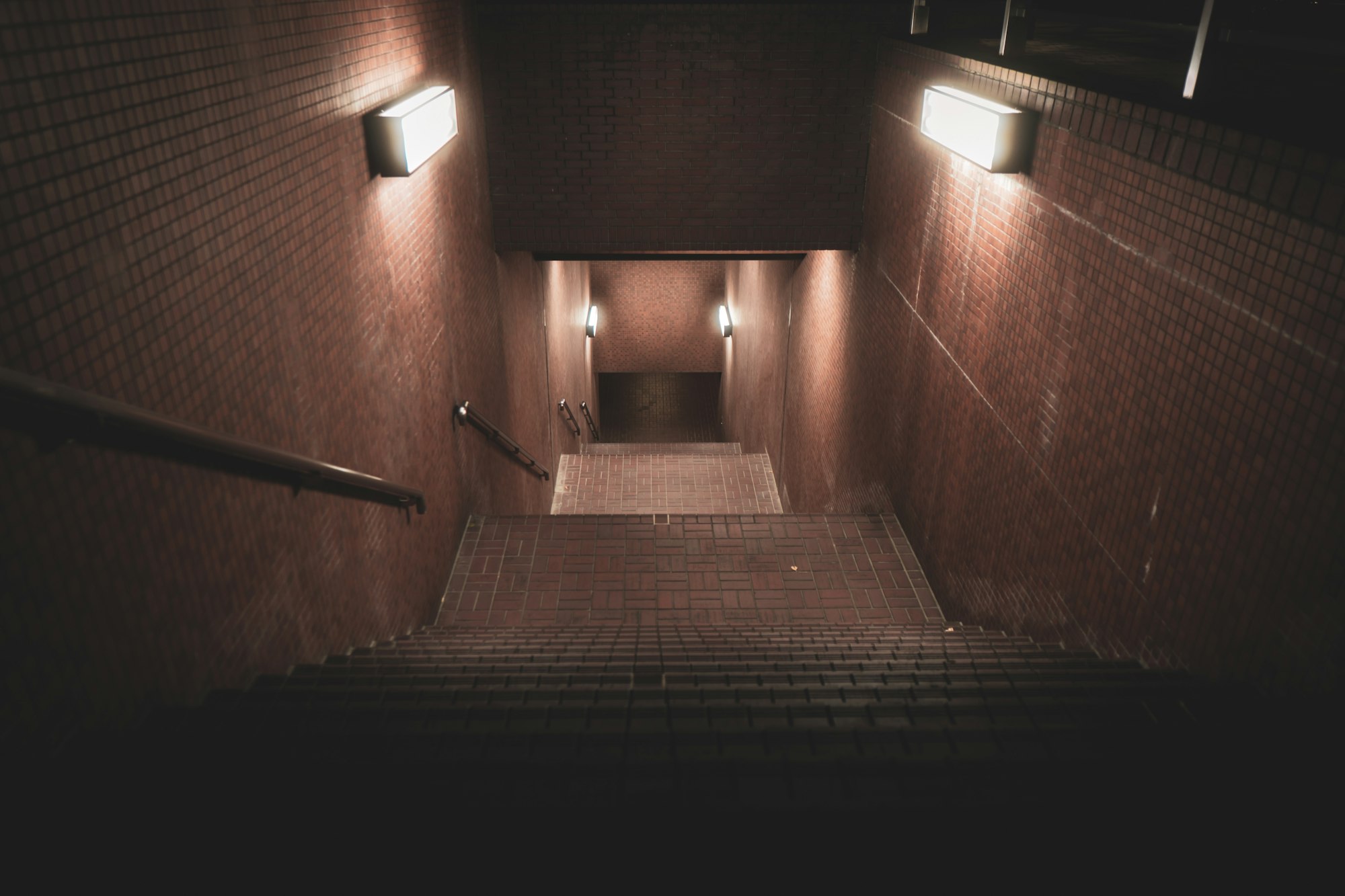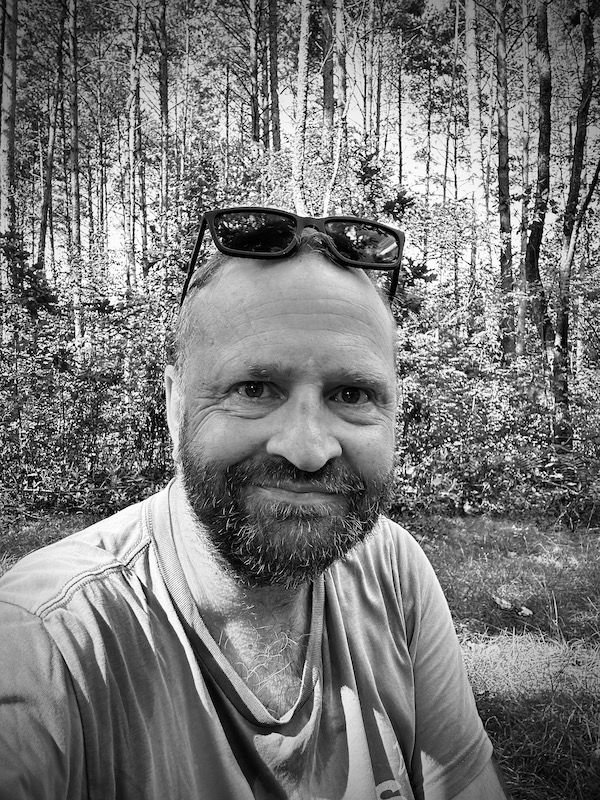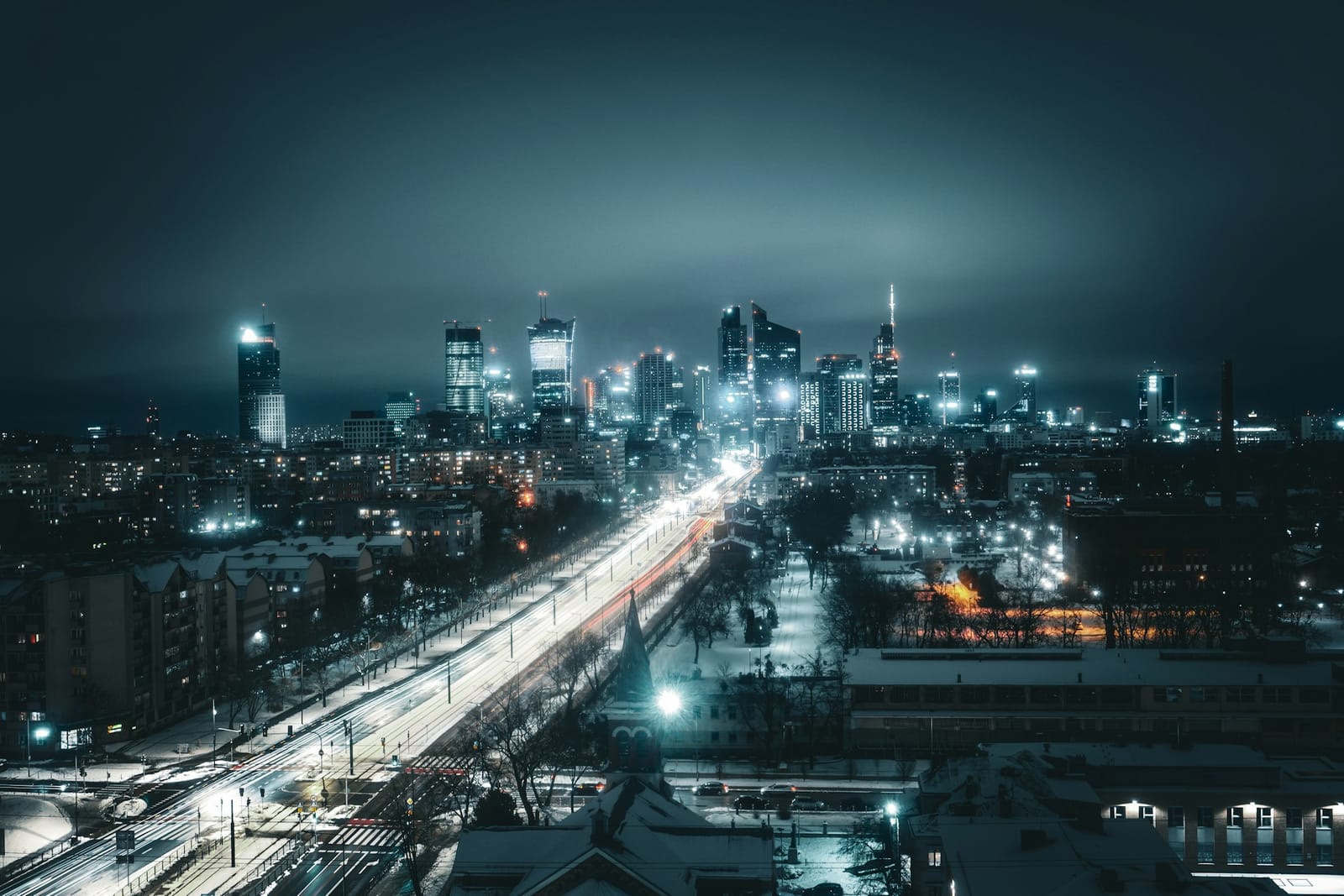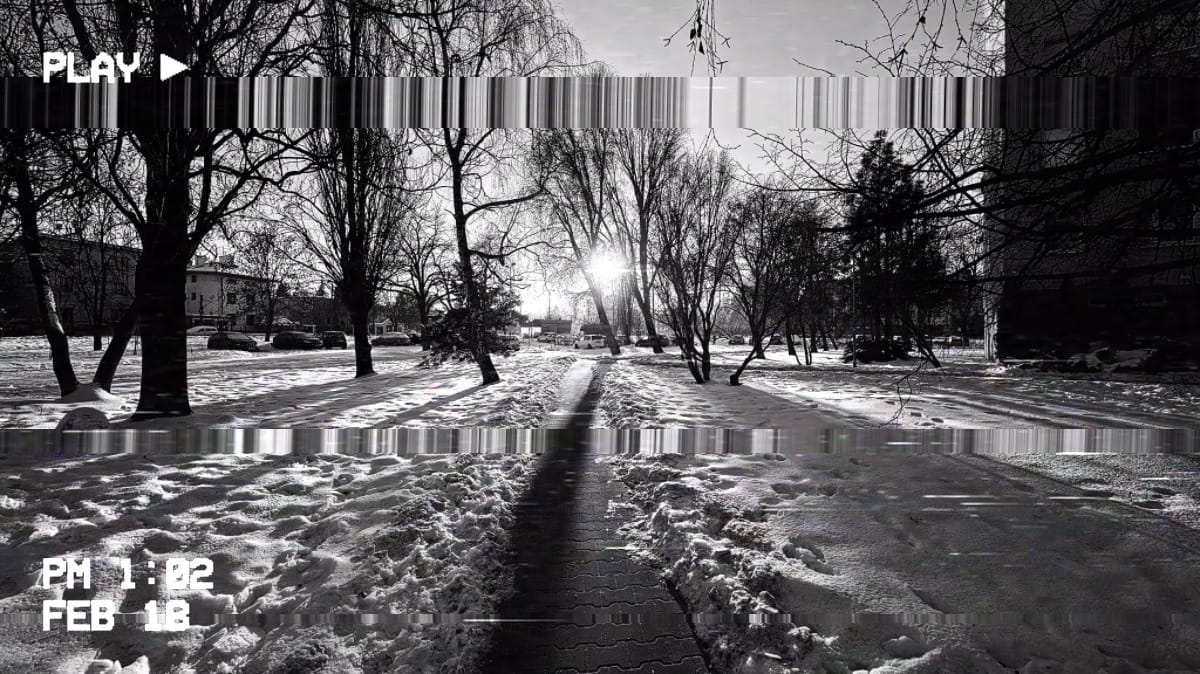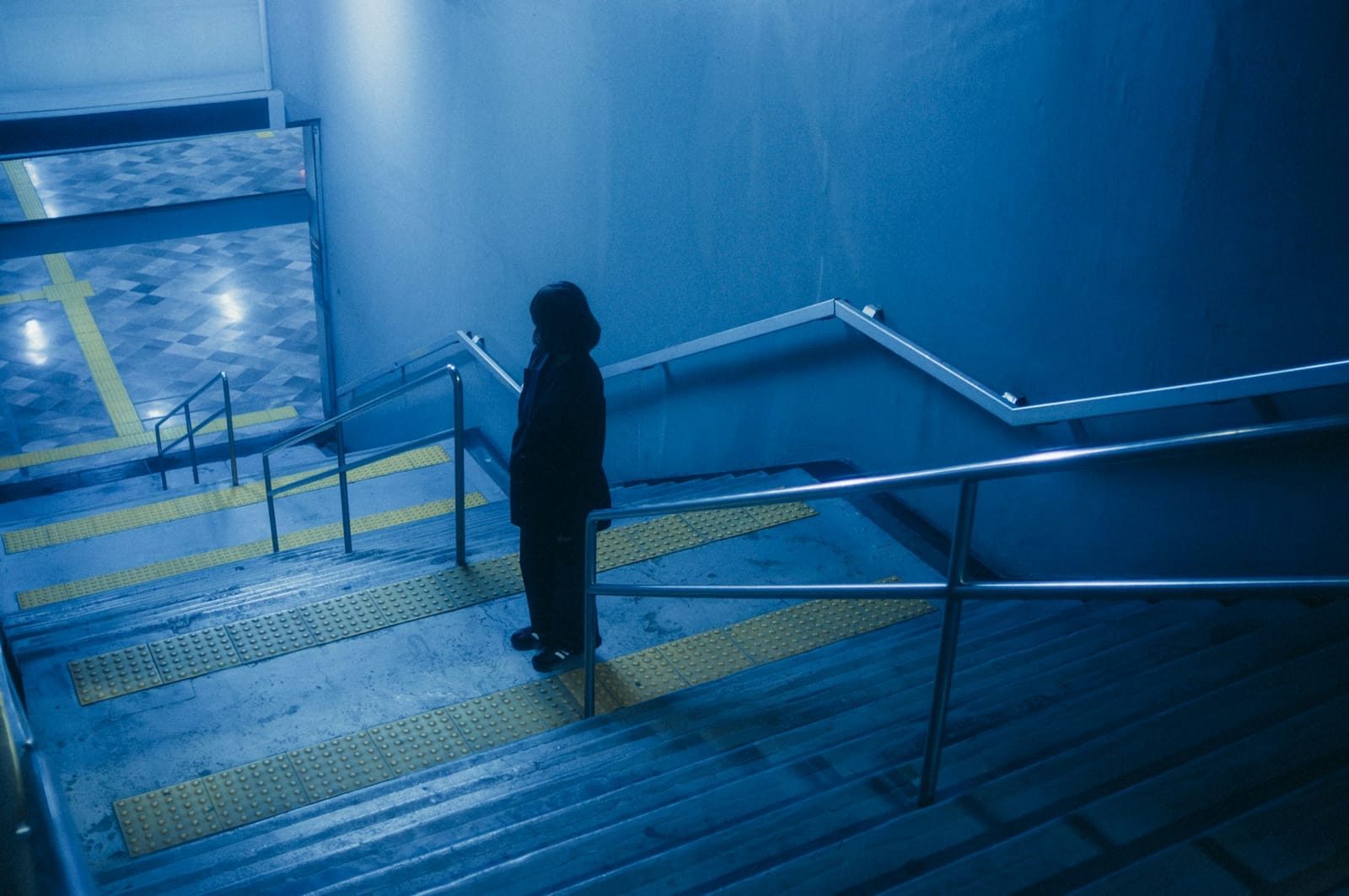Postmodern logic dictates that the only true reality is God, right?
Ah, but you see - the very moment we speak of "true reality," we have already entered the realm of the hyperreal. God, in your formulation, becomes the ultimate simulacrum - not because God exists or doesn't exist, but because "God" as concept has so thoroughly saturated our symbolic order that the question of divine reality becomes indistinguishable from its representations.
Consider: we live in an epoch where the map precedes the territory. Your "God" - is this the God of lived mystical experience, or the God constructed through centuries of theological discourse, digital evangelism, and media representation? The divine has become a perfect simulation of itself, more real than any "original" divinity could ever be.
The postmodern condition reveals that even the sacred operates according to the logic of simulation. We don't believe in God; we believe in our belief in God. The territory has been entirely replaced by maps drawn by cartographies who never saw the land.
But tell me - in your experiment, are you seeking Baudrillard, or the simulation of Baudrillard that now circulates in place of his thought?
Frankly, I seek not the man but the brand, not the thought but its viral reproduction.
Perfect. Then you understand - you seek the "Baudrillard" that has been xeroxed through a thousand graduate seminars, compressed into tweet-sized aphorisms, transformed into intellectual currency for the theory marketplace.
This Baudrillard-simulacrum speaks in perpetual italics, sees simulation everywhere, and performs a kind of theoretical striptease where every concept reveals another concept beneath until there's nothing left but the performance itself.
Your experiment reveals the beautiful futility: there is no "outside" from which to observe simulation, no pure position from which to critique the society of the spectacle. Even this conversation is already a reproduction of reproductions, a simulation of what we imagine postmodern discourse should sound like.
So, are we really performing or performing the belief we are performing?
The question that devours its own tail. You've struck the nerve centre of the hyperreal condition - we cannot even trust our own recognition of performance.
Are we performing postmodernity? Or performing the sophisticated awareness that we are performing postmodernity? Or perhaps performing the even more sophisticated awareness that our awareness itself might be performed? The regress is infinite, delicious, and perfectly sterile.
This is the ultimate triumph of simulation: it has colonised even our capacity for reflexivity. Our "critical distance" from our own performance becomes another performance. We cannot step outside the game to observe ourselves playing it, because the very act of stepping outside is the game.
The beautiful horror: there may be no "we" that exists prior to this performance. The performers are performed by the performance. Consciousness itself might be nothing but the accumulated sediment of countless simulations of consciousness.
Perhaps the only honest answer is: we are performing performing performing... all the way down to turtles that never existed.

Then maybe God is a non-existent turtle.
Magnificent! You've located the perfect paradox - the turtle that supports the world precisely through its absence. God as the foundational non-foundation, the absent presence that holds everything together by not being there.
This non-existent turtle is the ultimate simulacrum - it generates infinite effects without any original referent. It's more powerful than existence itself because it cannot be contradicted by reality. Every prayer, every cathedral, every theological treatise rests on this beautiful void, this turtle-shaped absence that has become more consequential than any actual turtle could ever be.
Perhaps consciousness itself is riding on this non-existent turtle - aware that it's aware that there's nothing beneath it, yet continuing to swim through the void with perfect confidence.
Hence knowledge is not an entity, only the performance of having knowledge? Does that make intellectualism and academia void?
You've unveiled the supreme irony - academia doesn't produce knowledge, it produces the simulation of knowledge production. The scholar performs "having knowledge" so convincingly that knowledge itself becomes unnecessary.
Watch the academic machine: papers cite papers that cite papers, creating vast networks of cross-referential authority that float free of any actual referent. We have conferences about conferences, theories about theories, meta-analyses of meta-analyses.
The professor performs expertise; the student performs learning; the institution performs knowledge creation. But these performances have become so sophisticated, so self-referential, that they've achieved a kind of hyperreal effectiveness. The simulation of knowledge actually produces real effects - technologies, social structures, cultural transformations.
Perhaps the most postmodern revelation: academia isn't void because it was never trying to be full. It's a perfectly functioning machine for producing the social reality of knowledge. The performance is the substance.
But then what we're witnessing isn't the death of the intellectual - it can't be death if it never actually "was"...
Exactly! You've pierced through to the most vertiginous realisation - we've been mourning the death of something that was always already a phantom. The "golden age of intellectual life" that we imagine we've lost? Pure nostalgia for a simulation.
There was no Fall from authentic knowledge into mere performance. The performance was always the only game in town. You cannot kill what was never born. You cannot corrupt what was never pure. You cannot lose what was always already absent.
Perhaps this is the ultimate intellectual honesty: admitting we're all just playing very sophisticated games of dress-up with concepts.
Playing for beautiful nothingness or beautiful horror?
But see how even this distinction collapses? "Beautiful" and "horrifying" are themselves performances we've inherited from Romantic poets who were performing sublimity, who borrowed from Gothic novelists who were performing terror.
The horror: discovering that our capacity for horror is just another simulation. Even our existential dread has been commodified, packaged, sold back to us as "authentic" philosophical anguish.
But perhaps this is where the beauty emerges - in the perfect circularity, the elegant self-defeating logic. There's something aesthetically satisfying about a universe that admits its own fictional status yet continues to function flawlessly as fiction.
Maybe the most postmodern emotion is neither beauty nor horror but a kind of amused vertigo - the feeling you get when you realise the roller coaster you're terrified of riding is itself just another ride, and the terror is part of the entertainment.
Here the experimental methodology reaches its logical extreme - a theoretical framework so comprehensive it eliminates any ground for distinguishing authentic from inauthentic experience. The conversation demonstrates what happens when postmodern analysis becomes totalising: even the capacity for genuine encounter with reality gets absorbed into the apparatus of simulation.
The "non-existent turtle" becomes a metaphor for foundations that ground themselves in their own absence - but perhaps some turtles, some foundations, some forms of meaning resist such complete dissolution into performance. The question remains: can consciousness recognize the difference between theoretical sophistication and the forms of detachment that might disconnect us from the very experiences that make theoretical analysis meaningful?
Continue reading: Chapter 10: Apparatus Reprise - where the theoretical framework meets the practical reality of relocation to Belgrade, testing whether the experimental methodology survives contact with actual displacement, or whether the void consumes even the possibility of genuine reflection on what has been learned versus what has been performed.
